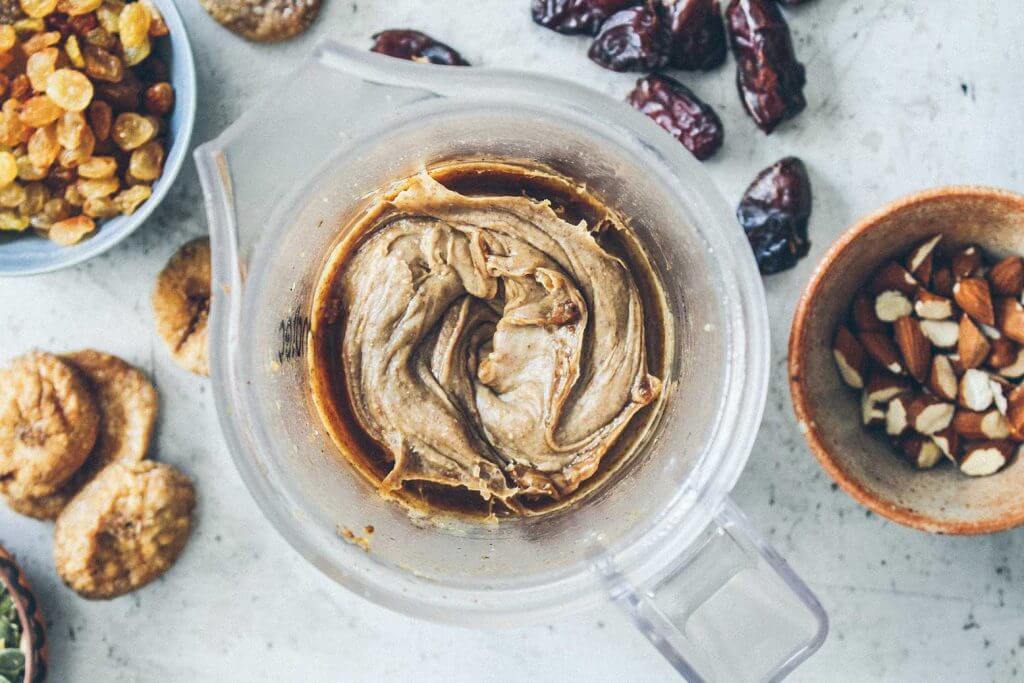21 Apr 2022
Is keto bad for you?
What is the keto diet?
The keto diet is touted as a quick and effective solution to weight-loss. However, it was originally used in a medical context for paediatric patients. In fact, the keto diet was and still is utilised to help decrease the recurrence of epileptic seizures in children. As for its effects on weight loss, numerous studies have shown short-term results. Nonetheless there is still a lot of uncertainty regarding its effectiveness and safety in the longer term.
It's easy to get lost in the world of weight-loss fad diets, each one promising quick fixes and overnight solutions. From the Atkins diet to the Paleo diet, these low-carb, high-fat and high-protein diets are often called “keto” diets. However, a ketogenic diet in the medical sense is not just any low-carb diet. Indeed, whilst most low-carb diets focus on high protein intakes, a true keto diet is centred around fat, which can provide up to 90% of daily energy intake.

Ketone bodies
In essence, the keto diet makes your body use a fuel that is different to its default choice. In fact, instead of using carbohydrates (glucose) for energy which come from fruits, vegetables, grains and legumes, the keto diet uses ketone bodies. Our liver produces these ketone bodies using the fat we have stored in our body.
One may think that burning our fat stores is a great way to lose weight. However, the liver requires very specific conditions to produce ketone bodies. Firstly, it requires an extremely low carbohydrate consumption, less than 20 to 50 grams per day. For reference, a medium apple can contain up to 25 grams of carbohydrates. Furthermore, your body takes a couple of days to reach a stage of ketosis where your body begins to use fat as fuel instead of sugar. Finally, consuming too much protein can interfere with ketosis.



